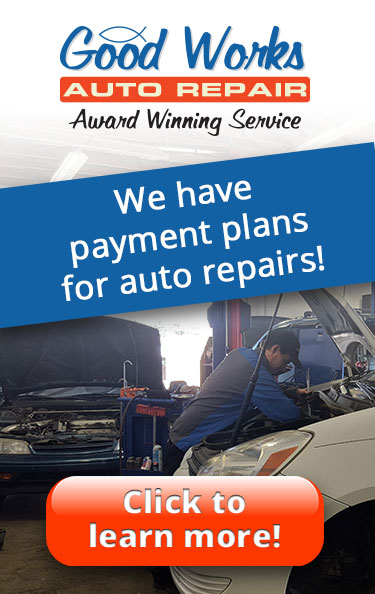Your vehicle is an investment and most drivers make an honest attempt to care for it the best they can. Sometimes this means putting a lot of money into it, and sometimes it means just going through the process of preventative maintenance to keep it running smoothly. No matter how you value or care for your vehicle, there is one thing we all have in common – we need fuel to make it run. Although there are certainly other methods becoming popular these days, the majority of drivers still find themselves filling up at the pump all too often. There is a little bit more to the process than most drivers are aware of and if you don’t know why there are choices for octanes, keep reading.
Some folks believe that when you fill up with premium gasoline, the vehicle will run better than with 87 octane. This, however, seems to be a myth debunked. If the vehicle is required to have premium gasoline, then it does need it for the sake of the engine. But what does 87, 89, or 91 octane gas really mean? Why are they called Regular, Mid-Grade, and Premium gasoline? Most people assume that the gas they put in their vehicle will affect their vehicle’s performance in some major way. The numbers relate to the fuel’s octane rating. The higher the number, the slower the fuel burns. An internal combustion engine uses pistons to squeeze fuel until it explodes. With high octane fuel, the pistons need to put more pressure on the fuel to get it to ignite.
Most cars are designed to run on a certain fuel rating. But what happens if you put a higher grade fuel in a vehicle that was designed for regular? Actually, nothing. Putting premium fuel into a normal car engine won’t a difference on performance or fuel economy. The big difference is simply the price. You will pay more money to fill your tank with premium gas for no reason at all, given that the engine doesn’t require a higher octane rating. If this is the case and you put regular gasoline in an engine that requires premium gas, it can actually damage the engine. Low-octane gas can cause a loud noise like a rattle, also known as engine knock, in high-performance vehicles. This means that the fuel is igniting too soon and may create too much pressure that the engine simply cannot sustain.
Our auto repair shop can care for your vehicle when it is in our shop, but we also want our customers to have the knowledge to care for their vehicle when it is at home and on the road as well. Knowing a little more about the gasoline and fuel ratings can help make more educated decisions and possibly save money. Many of you out there are putting premium gasoline at a higher cost when the same results could come from regular gasoline. Knowledge and preventative maintenance are the best tools a driver can have. For more information, come see us here at our auto repair shop.
Schedule My Appointment Now!
